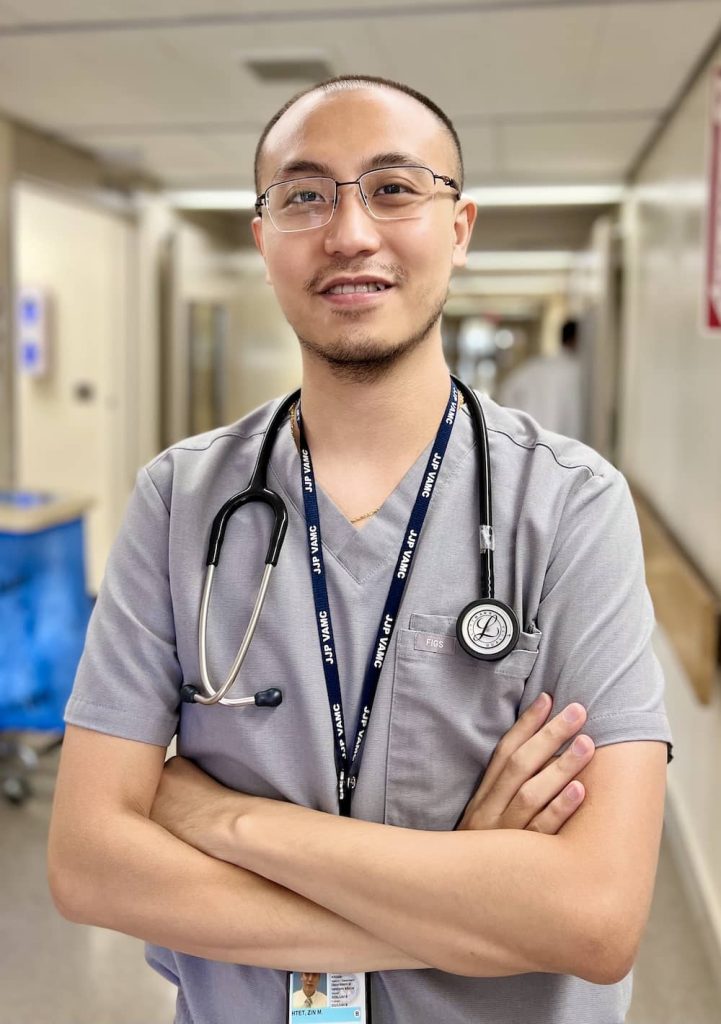- Inpatient Medicine education
Morning Report:The day usually begins with a morning report where the healthcare team gathers to discuss overnight events, new admissions, and any pertinent updates on current patients. This serves as a crucial information-sharing session to ensure everyone is aware of the status of each patient and any changes in their treatment plan.
Rounding with Attending Team: Following the morning report, the healthcare team, including residents, interns, and medical students, rounds with the attending physician or team leader. This involves visiting each patient, discussing their condition, reviewing test results, adjusting medications if necessary, and developing or refining the treatment plan for the day.
Afternoon Educational Session: After lunch, there is often an educational session scheduled, which may include lectures, case presentations, journal clubs, or other learning activities. These sessions provide opportunities for continuous medical education, discussion of challenging cases, review of current literature, and skill development, fostering ongoing professional growth for the healthcare team.
By following this structured daily routine, inpatient medication management teams can effectively coordinate patient care, stay informed about current medical practices, and maintain their own well-being to deliver high-quality healthcare services.
- Critical care and pulmonary experience Our ICU is staffed with attendings who have completed fellowships at prestigious programs such as Mount Sinai, Montefiore, and NYU. They are enthusiastic about teaching evidence-based medicine, POCUS (point of care ultrasound), procedural skills, rapid response, and a systematic approach to critical care.
- Ambulatory care – During the intern year, we have two weeks of ambulatory medicine for every six weeks of inpatient medicine. We aim for high levels of continuity of care by assigning each resident a panel of patients to follow. We also provide education sessions from the Yale and Johns Hopkins curricula.
- Quality Improvement (QI) – Our residents must complete one QI project during their intern year.
- Research opportunities – We have attendings from medicine and subspecialties with a research focus and will mentor residents to publish research.
- Healthcare Administration Scholars Program (HASP) – This is a longitudinal educational program available to PGY2 residents that prepares them for Leadership and Hospital Administration roles.
- Portable Ultrasound (POCUS) – We have several state-of-the-art POCUS machines, and our interns and residents are actively taught how to perform bedside ultrasounds. Our goal is to have every resident complete and document 50 FAST exams before completing residency.
- CAC and RRT sim sessions – We have sim labs and regularly plan and schedule practice RRT and CAC sessions supervised by critical care attendings.

